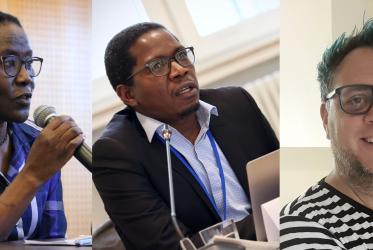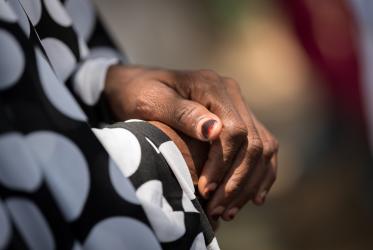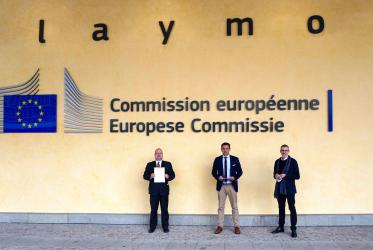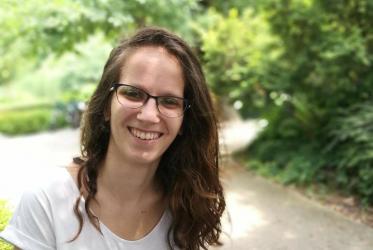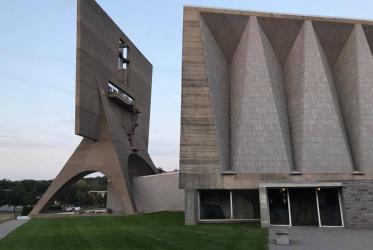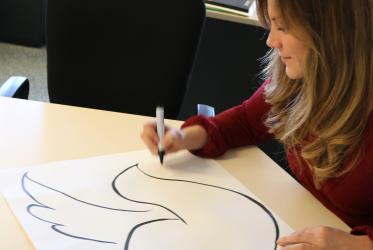Displaying 1 - 20 of 30
Ecumenical statement on migration received by European Commission
25 September 2020
Romani people seek “lives of decency, dignity, and justice”
27 September 2018
“Arusha Call to Discipleship” issued
13 March 2018
Christians in China warmly receive WCC delegation
12 January 2018
Tveit: search for unity “an urgent need today”
09 September 2017
"We have our work cut out for us"
10 August 2017
WCC students study what makes a peace communicator
18 July 2017
In Lebanon, refugees face hardship - but find hope
16 March 2017
How do you say “peace?”
20 February 2017
Fleeing from – rather than to – a place
10 February 2016
